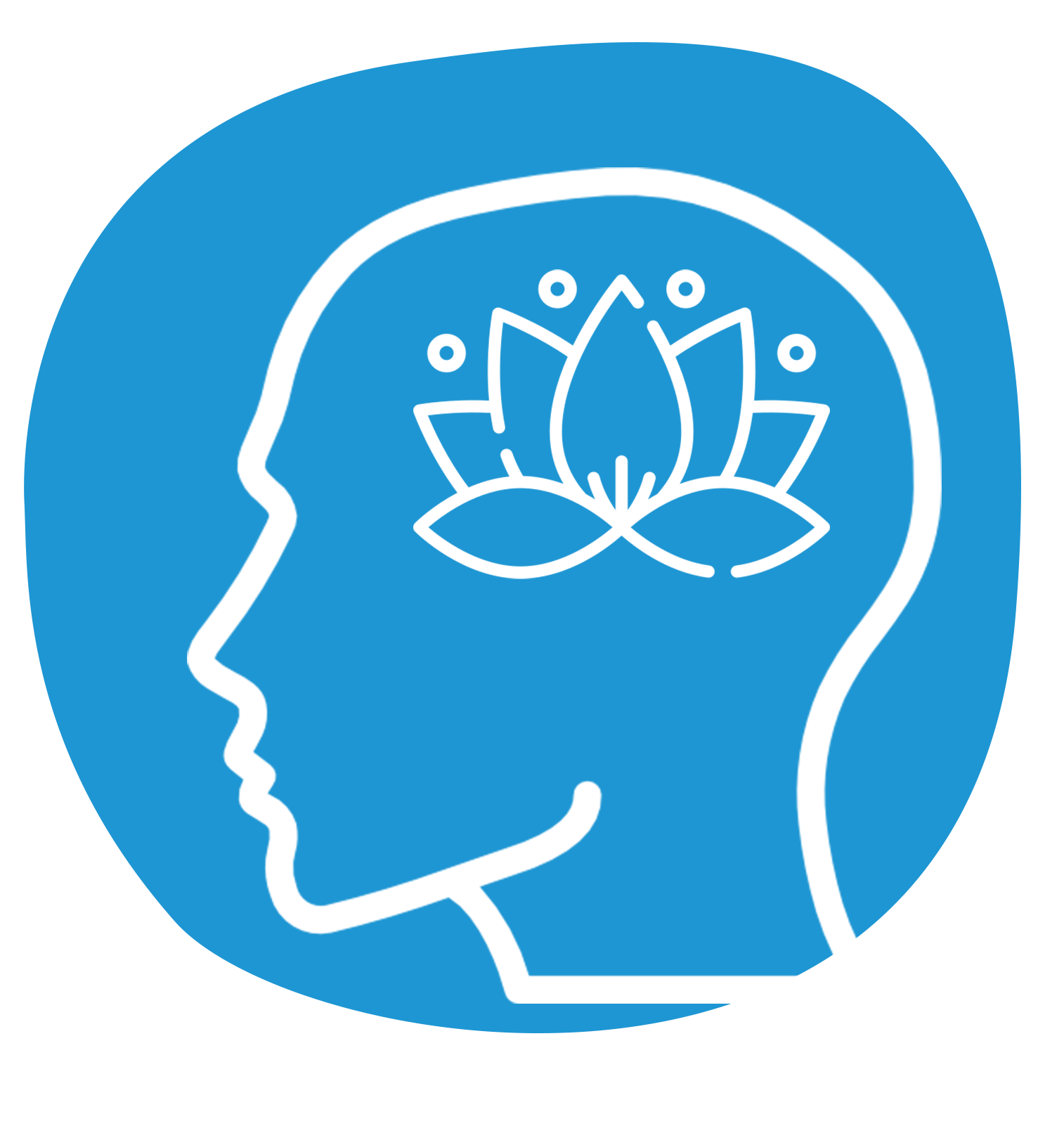
CAVEFLOAT™
Float therapy at City Cave is a 60-minute restorative experience designed to help you feel better, inside and out. Each private room features a spacious layout and an open float pool filled with 400kg of magnesium sulphate.
What is Float Therapy?
Float Therapy at City Cave is a science-backed therapy designed to promote deep relaxation and recovery.
You’ll float effortlessly in a private, open pool filled with 400kg of pharmaceutical-grade Epsom salts (magnesium sulphate), creating a buoyant environment that removes the effects of gravity on your body. The water is heated to skin temperature (~35°C), and the space is designed to minimise light and sound, reducing sensory input and allowing the nervous system to fully relax.
This process is shown to support stress relief, reduce muscle tension and inflammation, promote mental clarity, and aid physical recovery. The high magnesium content also assists in calming the body and supporting muscle and nerve function.
Unlike enclosed float tanks, City Cave’s open pool design offers a spacious, comfortable experience that makes it easy to relax, even for first-timers.
Justin Feinstein, Ph.D.
Clinical Neuropsychologist
Dr Feinstein's research has laid the foundation for novel therapies that can naturally alleviate stress and anxiety without the use of drugs including Floatation-REST (Reduced Environmental Stimulation Therapy) and the modulation of CO2 as a form of interoceptive exposure therapy.
In 2021, Dr. Feinstein became President and Director of the Float Research Collective, a nonprofit organization that is playing a pivotal role in establishing Floatation-REST as an accepted medical treatment.
Dr. Feinstein has never worked for City Cave and has no financial interest or investment in the company
Benefits of Float Therapy
Float Therapy offers a rare opportunity to fully disconnect from the demands of daily life and allow your body and mind to reset. The weightless environment reduces physical strain and calms the nervous system, promoting a deep state of relaxation that supports overall wellbeing.
As stress levels drop and circulation improves, the body is able to recover more efficiently while the mind enters a space of clarity and focus. Whether used to complement other therapies or as part of your self-care routine, Float Therapy creates the conditions for both immediate relief and lasting benefits.
Decreases Stress & Anxiety
Lowers cortisol and helps shift your nervous system into calm mode.
Encourages Deep Rest & Better Sleep Quality
Supports deeper, more restorative sleep by reducing stress hormones and promoting calm.
Pain Management & Reduced Inflammation
By boosting circulation and creating a zero-gravity environment, Float Therapy helps ease muscle and joint pain, reduce inflammation.
Boosts Creativity & Mindfulness
By removing distractions and promoting a calm, alert mind, Float Therapy boosts clarity, supports mindfulness, and has even been shown to enhance creativity and performance.






